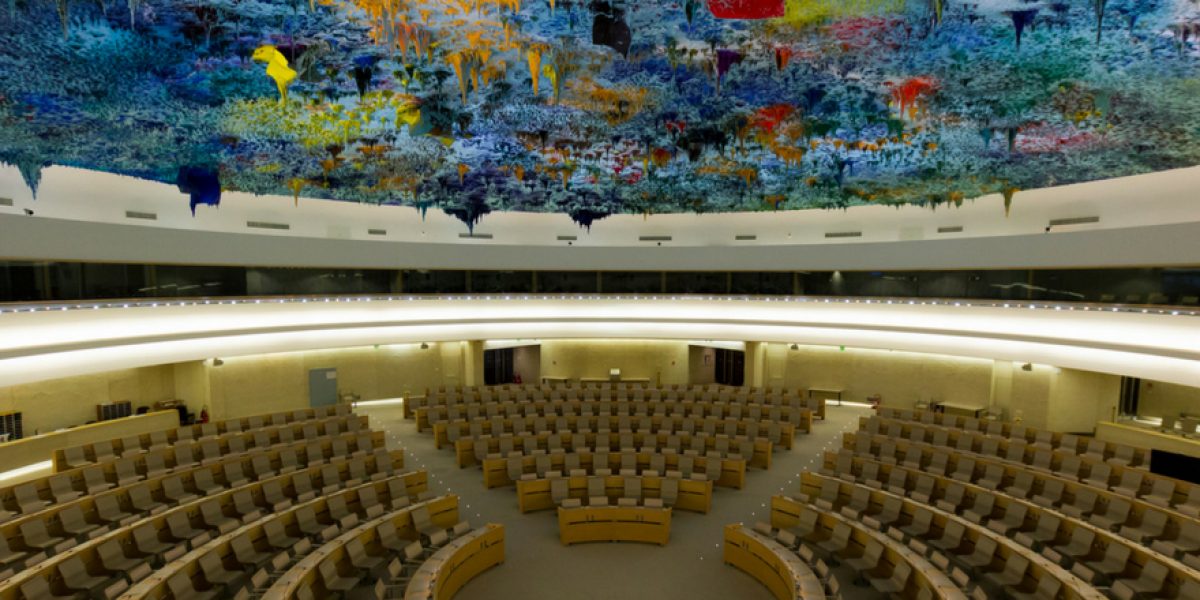The history of the ANC, key policy documents and the rhetoric of its leaders, including Nelson Mandela, underscored the significance of South Africa as a human rights promoter. Although human rights are vital to South Africa’s foreign policy, they have in practice been relegated to the periphery of Pretoria’s diplomacy. The human rights deficits in South Africa’s multilateral diplomacy have been sufficiently demonstrated through its voting patterns and positions while serving as a non-permanent member of the UN Security Council. Its record at the UN Human Rights Council (UNHRC) is more unpleasant. To reverse this downward drift, South Africa should reconceptualise its diplomacies through a series of smart actions, rehabilitating policy positions that diverge from a coherent human rights outlook.








